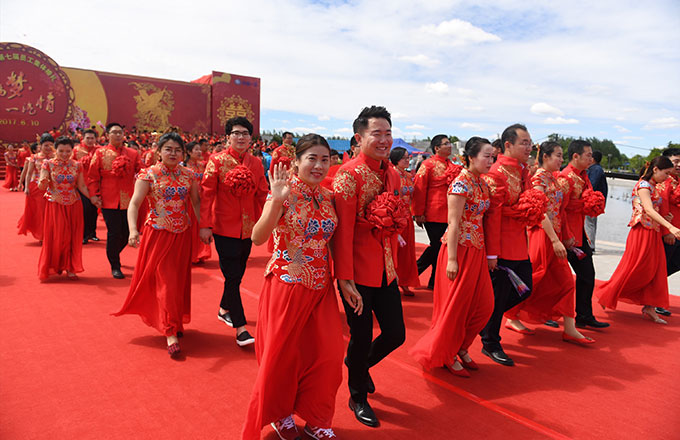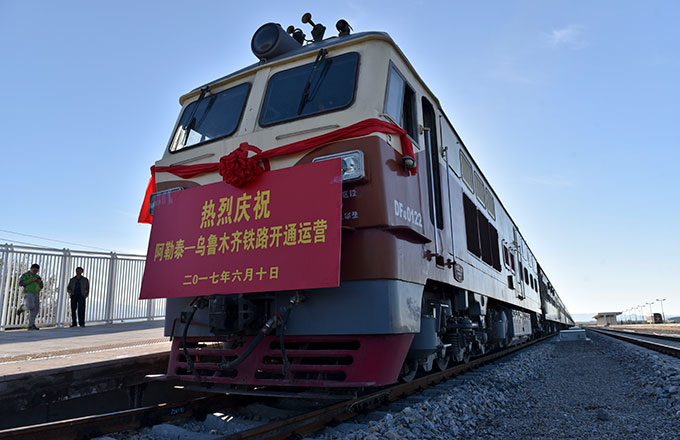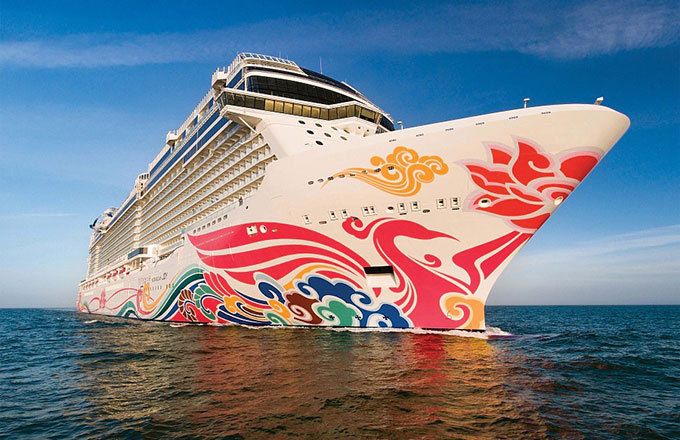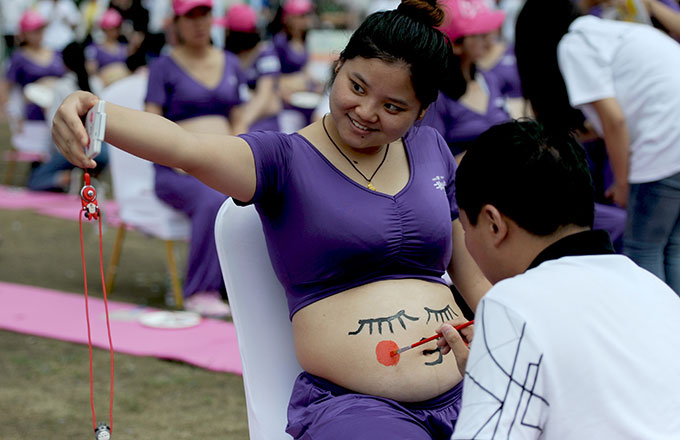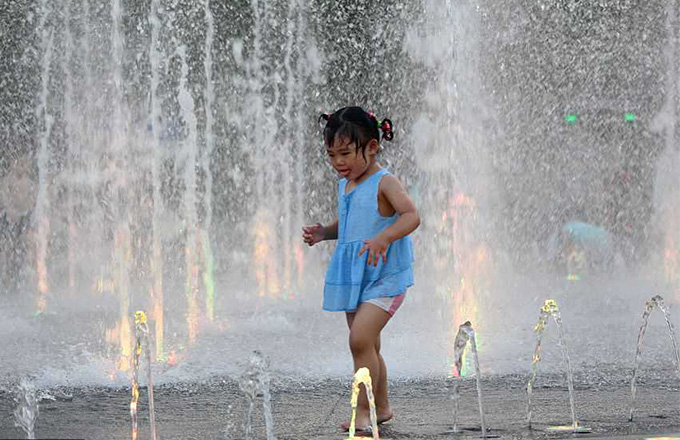We review the past to open up a new path to the future
September 5, 1988
We are both veterans of the international Communist movement, and it is always a pleasure for us to meet. We are both optimists, so we should remember the good days we have known and forget the dark days.
I have been a member of the Communist Party for several decades. Counting from 1922 when I joined the Party, I have been working under the banner of communism for more than 60 years. During that time I have done many good things, and I have also made some mistakes. As everybody knows, I rose to power three times and fell from power three times. To be frank, I was forced out not because I did wrong things, but because I did right things that were misunderstood as wrong. From 1954 to 1956 I served as Secretary-General of the CPC Central Committee, Vice-Chairman of the National Defence Commission and Vice-Premier of the State Council. In 1956 I became General Secretary of the Party and stayed at the core of the leadership. So I should take some responsibility for the ``Left'' mistakes the Party made before the ``cultural revolution'': we should not shift all the blame onto Comrade Mao Zedong.
Starting in 1957 Mao Zedong began to make ``Left'' mistakes, which culminated in the decade of the ``cultural revolution''. Mao himself admitted he had made mistakes, saying that he would be satisfied if after his death his work were assessed as having been 70 per cent achievements and 30 per cent mistakes. During the 36 years from 1921, when the Party was founded, to 1957, he made outstanding contributions. It was he who led us to victory in the revolution. When we summarize the historical experience of our Party, we should not count him out, because to negate the contributions of Mao Zedong would be to negate the importance of the greater part of Chinese revolutionary history. Have you read the ``Resolution on Certain Questions in the History of Our Party Since the Founding of the People's Republic of China'', which was adopted at the Sixth Plenary Session of the Eleventh Central Committee? In that resolution we reviewed the history of our Party and evaluated it in the way I just described. We have had to evaluate the history of our Party and you have to do the same. Every party and every country has its own past, which it must analyse objectively and realistically in order to learn from it.
I am familiar with our Party's history from the beginning, and I know the ins and outs of many important events. When we review our history, we should not focus on the achievements and mistakes of particular individuals but seek to chart a course for the future. Our successes have provided us with valuable experience, and so have our mistakes. Although we thoroughly condemn the ``cultural revolution'', we recognize that it was useful to the extent that it taught us a lesson. Without that lesson, we would have been unable to formulate the policies and the ideological, political and organizational lines that we have worked out since the Third Plenary Session of the Eleventh CPC Central Committee. At that session it was decided that the focus of our work should be shifted from class struggle to developing the productive forces and modernizing the country. That policy decision won universal support from Party members and the people. Why? Because we had before us the alternative example of the ``cultural revolution''. So the ``cultural revolution'' has turned out to be valuable.
I believe it is not healthy for a party or a country to pin its hopes on the reputation of one or two persons, because if they then lose their prestige it can cause political instability. After the Third Plenary Session of the Eleventh Central Committee, comrades hoped that I would become the General Secretary of the Party and the President of the country. But I rejected that proposal. At the Thirteenth National Party Congress I announced that I was retiring from the core of the leadership together with some other aged comrades. We did this to demonstrate that the future of China will depend on a new collective of leaders. The achievements of the last ten years are also attributable to a collective. I did a little, but I can't take credit for everything. Actually, many ideas were conceived by other leaders or by the masses. All I did was sum up those ideas in the form of principles and policies. Our present collective of leaders follows the line, principles and policies adopted at the Third Plenary Session, and we believe that they will be continued. So far as I am concerned, I am quite confident of this prospect and pleased with it.
Many foreign journalists have asked to interview me and to write my biography, but I have politely refused. In my opinion, it is not good to exaggerate the role of any one individual. After all, everyone will die at last. It is wrong for people to think that when I die China will lose its soul. Although I shall still do some work during the rest of my life, I wish to fade from the political scene. My strongest aspiration is to be alive in 1997, when China takes over Hong Kong. That's a place I'd like to visit. I also want to visit Taiwan, but the chances for solving the Taiwan question before 1997 seem quite slim.
(Excerpt from a talk with President Gustav Husak of Czechoslovakia.)
(From Selected Works of Deng Xiaoping, Volume III <1982-1992>)
- China issues guidelines to develop 'all-for-one' tourism demonstration zones
- Torrential rain triggers disaster in Southwest China
- Harvest time for wheat reapers in Shanxi
- Over 200 couples marry in Changchun group wedding
- Calligraphy tops other icons of Chinese culture, WeChat data shows





